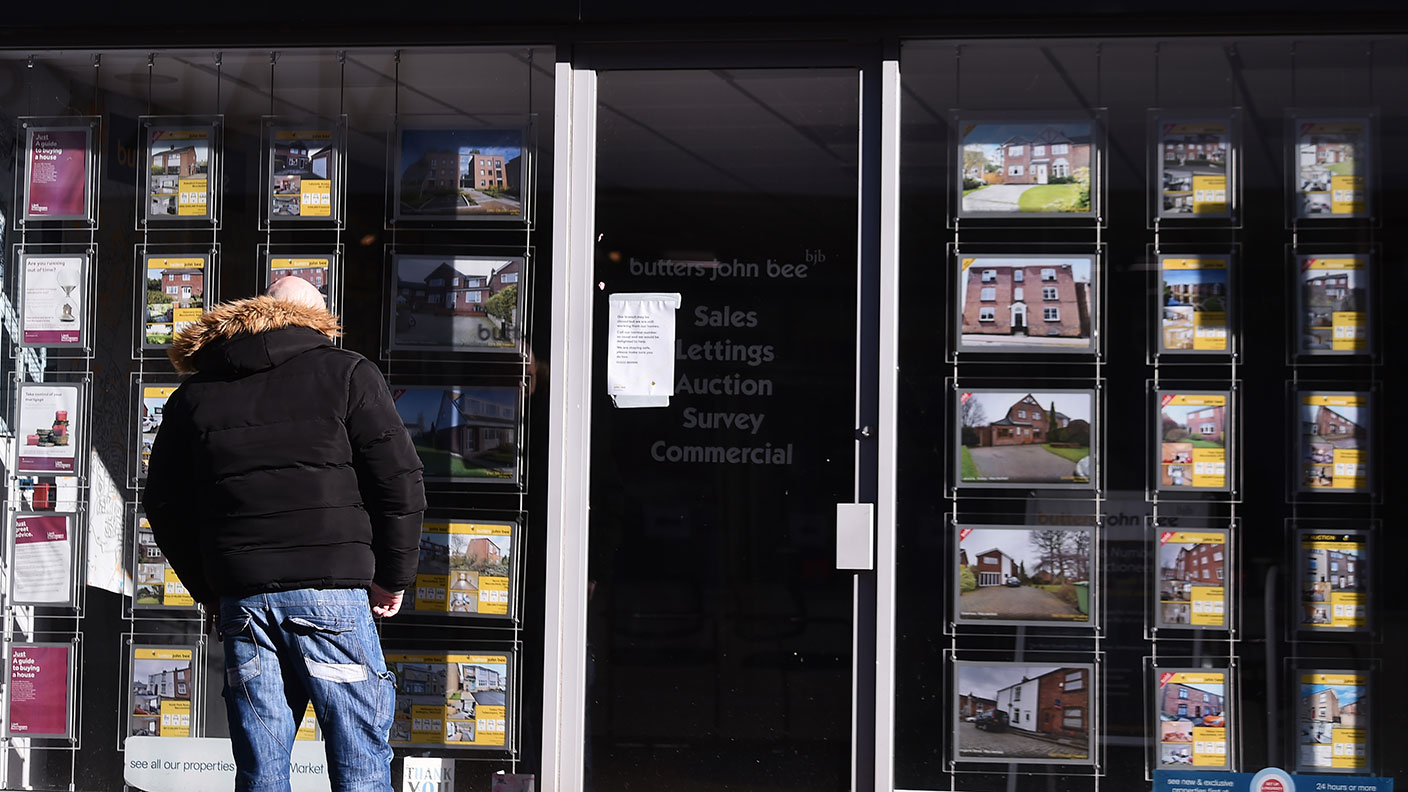Duck the higher stamp-duty rate
The government has allowed for exceptions to the rule, so make sure you’re aware of them.
Get the latest financial news, insights and expert analysis from our award-winning MoneyWeek team, to help you understand what really matters when it comes to your finances.
You are now subscribed
Your newsletter sign-up was successful
Want to add more newsletters?

Twice daily
MoneyWeek
Get the latest financial news, insights and expert analysis from our award-winning MoneyWeek team, to help you understand what really matters when it comes to your finances.

Four times a week
Look After My Bills
Sign up to our free money-saving newsletter, filled with the latest news and expert advice to help you find the best tips and deals for managing your bills. Start saving today!

At least 15,700 property buyers paid too much stamp duty last year, says HM Revenue & Customs (HMRC). This is partly down to the fact that buyers, and sometimes even conveyancers, aren't aware of all of the exceptions to the higher rate that has been charged on second homes since 2015.
On the surface, the 3% surcharge on second homes is fairly straightforward. At the end of the day on which the transaction takes place, if you own just one property, the higher rate won't apply, regardless of what the property is used for, says HMRC. If at the end of that day you technically own two or more properties, the higher rate still won't apply if the property being bought replaces your main residence, which is being sold.
As always, there are loopholes
Yet as with most things relating to tax, the rule comes with exceptions. First, it's worth clarifying that, if when you buy your new house your previous main residence is yet to be sold, you will still have to pay the higher rate. Although your intention is still to replace your main residence, HMRC unfortunately won't just take you at your word. However, you can apply for a refund on the extra stamp duty if the previous house is sold within the next three years. A refund must be claimed within three months of the sale of the previous residence, or within 12 months of the filing date of your tax return, whichever comes later.
MoneyWeek
Subscribe to MoneyWeek today and get your first six magazine issues absolutely FREE

Sign up to Money Morning
Don't miss the latest investment and personal finances news, market analysis, plus money-saving tips with our free twice-daily newsletter
Don't miss the latest investment and personal finances news, market analysis, plus money-saving tips with our free twice-daily newsletter
Next, you might find yourself in the situation where you've sold a main residence in the past, but are now facing the surcharge on buying your new property, as you currently own other properties. (So this might apply, for example, to buy-to-let landlords who live in rented accommodation.)
However, at the moment you can avoid the surcharge even if you sold your house years ago, as HMRC will still treat the transaction as if you are just replacing your main residence. Importantly, when it comes to purchases made after 26 November 2018, the sale of the previous main residence will need to have taken place within the three preceding years to count.
If that all sounds very complicated (and it is), thankfully there is another slightly more straightforward exception. If you are buying a property as your main residence, but already part-own a house because you have inherited it, the higher rate of stamp duty will not apply where your share of the property is less than 50%, and where you inherited the property within the preceding three years.
Finally, it's worth keeping in mind that there are some types of transaction that attract commercial stamp-duty rates rather than residential ones, potentially saving you a lot of money even if you already own another property. (Commercial rates kick in at 2% on the portion of a house's value after £150,000 and 5% over £250,000; whereas residential rates can rise as high as 15% once the surcharge is added on.)
One such instance is where the property you buy can be classed as mixed-use so one with both residential and non-residential elements. This could apply if you're buying a building that is made up of a flat above a shop, or a farmhouse purchased alongside working farmland. Just note that in situation likes this, whether or not a property counts as being mixed-use will ultimately come down to HMRC's opinion, so you may want to take advice on this aspect of the transaction.
Get the latest financial news, insights and expert analysis from our award-winning MoneyWeek team, to help you understand what really matters when it comes to your finances.
Sarah was MoneyWeek's investment editor. She graduated from the University of Southampton with a BA in English and History, before going on to complete a graduate diploma in law at the College of Law in Guildford. She joined MoneyWeek in 2014 and writes on funds, personal finance, pensions and property.
-
 How a ‘great view’ from your home can boost its value by 35%
How a ‘great view’ from your home can boost its value by 35%A house that comes with a picturesque backdrop could add tens of thousands of pounds to its asking price – but how does each region compare?
-
 What is a care fees annuity and how much does it cost?
What is a care fees annuity and how much does it cost?How we will be cared for in our later years – and how much we are willing to pay for it – are conversations best had as early as possible. One option to cover the cost is a care fees annuity. We look at the pros and cons.
-
 What are wealth taxes and would they work in Britain?
What are wealth taxes and would they work in Britain?The Treasury is short of cash and mulling over how it can get its hands on more money to plug the gap. Could wealth taxes do the trick?
-
 Stamp duty holiday extension will keep the house-price party going – for now
Stamp duty holiday extension will keep the house-price party going – for nowNews The government is to extend to the stamp duty holiday by three months. Good for today’s buyers, says Nicole Garcia Merida, but what happens in June?